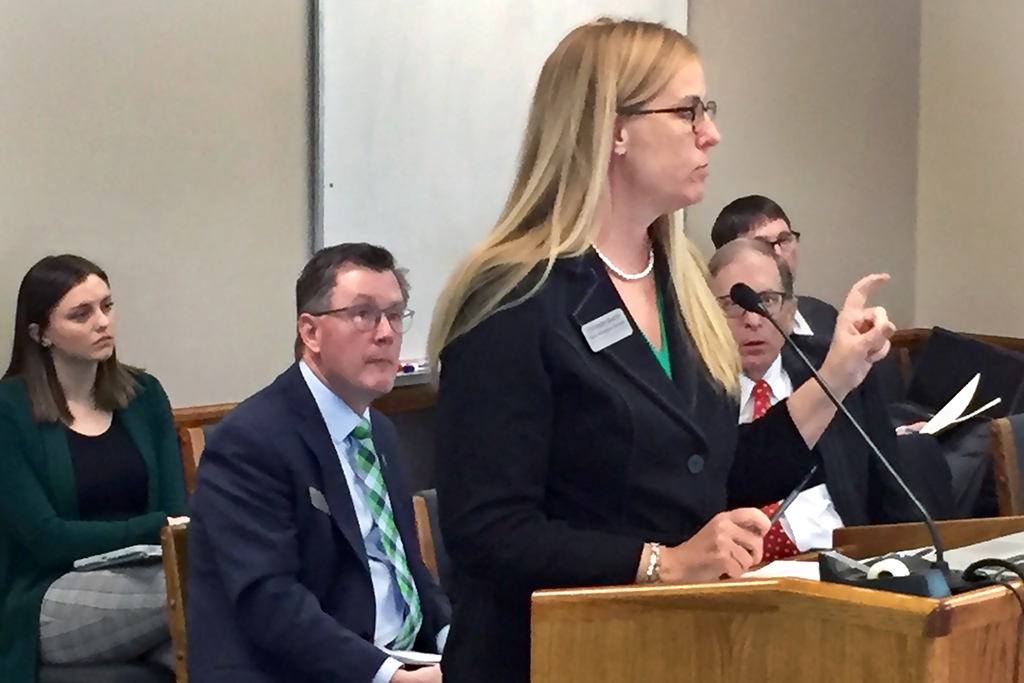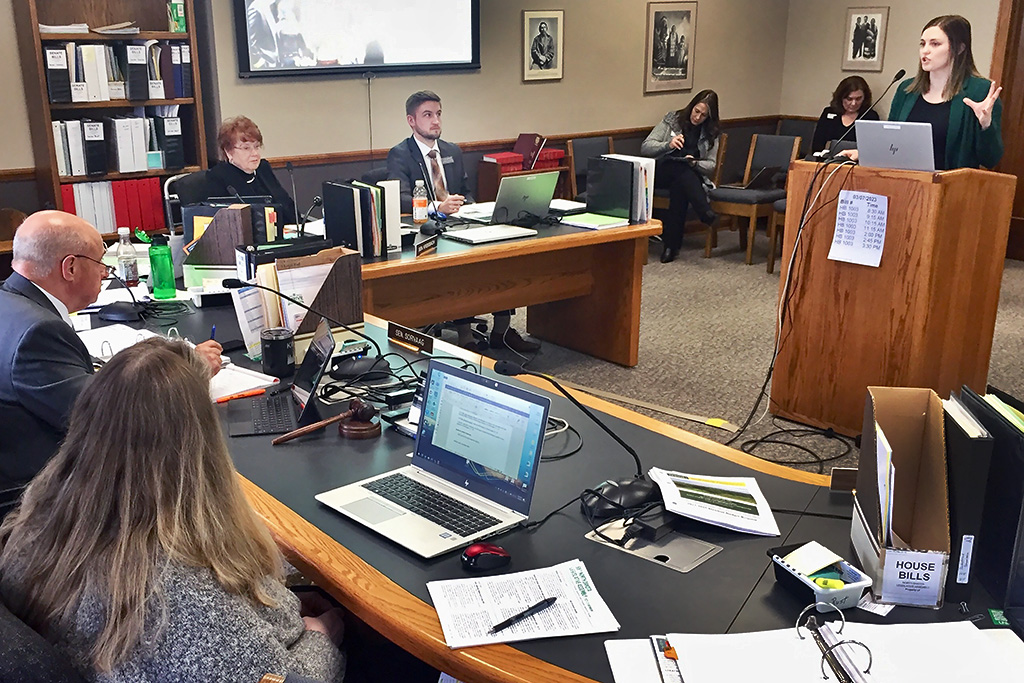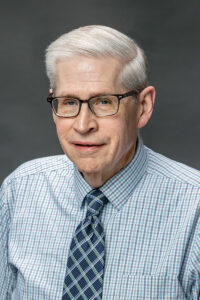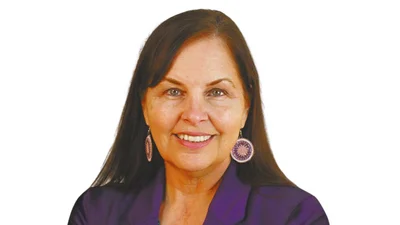Free to use Photo Of People Having Meeting | fauxels
Free to use Photo Of People Having Meeting | fauxels
UND President Andrew Armacost testified Tuesday before the North Dakota Senate Appropriations Committee to address the University’s funding needs and priorities half way through the 2023 legislative session.
“We were very pleased with the support we garnered in our testimony to the House side, and there are many opportunities to support higher ed that we’ll talk about today,” Armacost told committee members.
Also testifying on HB 1003 – the higher education funding bill – for UND were Karla Mongeon-Stewart, vice president for finance and operations; Faith Wahl, UND student government president; and Joshua Wynne, dean of the School of Medicine & Health Sciences and vice president for Health Affairs.
As outlined by Armacost, UND’s goals and plans for the 2023-2025 biennium are to:
- Promote excellence in academic and co-curricular programs
- Support the state in addressing shortages in key workforce areas
- Continue to expand university research
- Grow partnerships across the state and region
- Strengthen the University’s sense of community and well-being
- Continue consolidation and modernization the campus
Over the past four years, Armacost noted that UND has increased its enrollment, bucking the national trend for the past two years where college enrollment has dipped 7.4%, according to the National Student Clearinghouse Research Center.
He stressed the University’s willingness to engage in partnerships across the North Dakota University System, collaborate with tribal colleges and focus on academic partnerships with out-of-state colleges and industry. This has helped UND grow its research funding from $111 million in FY2017 to $143 million in FY2021.
Challenges UND faces as cited by Armacost include inflationary impacts; recruitment and retention of staff and faculty; climbing interest rates; the national trend of enrollment decline and increased competition; Indigenous repatriation and holistic support of tribal needs; and behavioral health needs for students, faculty and staff.
Armacost also discussed one-time funding for capital projects at UND. These include $82 million for phase I of a Science, Engineering and National Security Corridor and $75 million for a STEM facility. Nearly $48 million of those projects would be locally funded.

In her presentation, Stewart laid out UND’s base funding priorities for the 2023-2025 biennium, which include:
- $150 million for a needs-based budget
- $7.4 million for a 6%/4% salary increase
- $14.4 million for the tuition portion of the salary and benefits increase
- $11.2 million for a 7.5% funding formula increase to address inflation
- $9.7 million for the equity salary pool (general fund $6.7 million, tuition share $3 million)
Stewart also emphasized the impact of inflation overall on the state’s university system. For example, utility expenses have increased 43%, food costs 28%, maintenance and custodial supplies 27%, IT equipment and software 15-20% and subscriptions 10-20%.
Wahl focused on UND’s commitment to students, noting that the University has 282 different student organizations, adding 33 new organization in the past year. She noted that student fees fund 11 different departments on campus while providing resources and support for online and on-campus students.
“We’ve been able to hold those constant for the last three years and not increase those,” Wahl said.
She asked the Senate to fund the tuition freeze passed by the House, as well tuition funding the House included in HB 1003.
“We need to be careful that higher education doesn’t become a luxury good as students and families look to cover some of those other basic needs,” Wahl said.
 Providing a student prospective on priorities for the next biennium was Faith Wahl, UND student government president, . Photo by Peter Johnson/UNDAAF.
Providing a student prospective on priorities for the next biennium was Faith Wahl, UND student government president, . Photo by Peter Johnson/UNDAAF.
Wynne briefed committee members on the status and accomplishments of the UND School of Medicine & Health Sciences, its strategic direction and what North Dakota receives in return for its investment in the school. He also covered challenges, opportunities and SMHS’s budget requests.
Legislative funding has enabled SMHS to train more healthcare providers to meet North Dakota’s growing needs, Wynne noted. He said the medical school class has grown by 16 students a year and health sciences students by 30 per year. Most importantly, resident training for medical doctors has more than doubled, growing from 97 slots to 205.
The entire Senate appropriations Committee hearing, including UND’s testimony, can be viewed through the North Dakota Legislative Council website. UND’s website also has updated information on the University’s legislative priorities for the 2023-25 biennium.
More from Author

Patrick C. Miller is the strategic communications editor in UND's Division of Marketing & Communications. He is a graduate of South Dakota State University with a degree in journalism. He worked for the Pierre (SD) Times, the Sioux Falls (SD) Argus Leader and the Bismarck (ND) Tribune as a writer/photographer. He was employed by Basin Electric Power Cooperative and the Lignite Energy Council in the media and public relations field before coming to the Energy & Environmental Research Center at UND in 1992. He was there 10 years before joining the UND School of Medicine & Health Sciences and then University Relations. In 2019, he rejoined UND after working two years at Amazon and five years at BBI International, where he was a writer/photographer for the company's oil and gas, alternative fuels and UAS magazines.
Original source can be found here.


 Alerts Sign-up
Alerts Sign-up